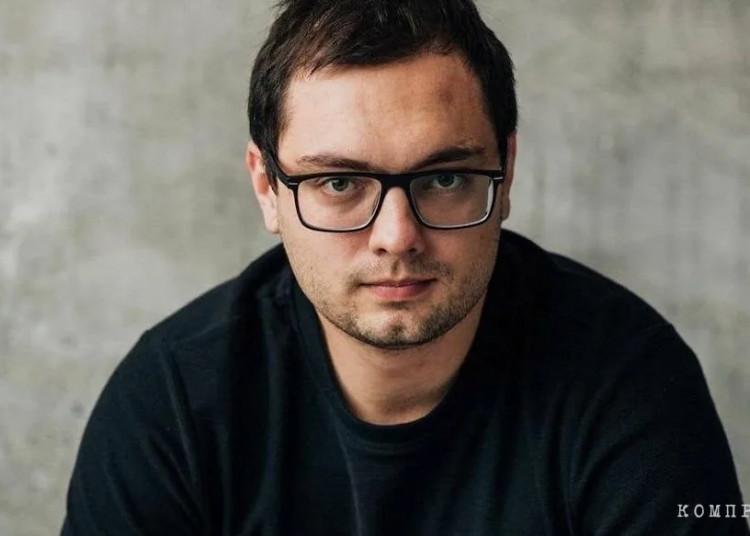Alexey Pertsev received five for Tornado Cash
A panel of judges in the Dutch city of 's-Hertogenbosch recognized the creator Tornado Cash Alexey Pertsev guilty of laundering $1.2 billion.
A Russian citizen was sentenced to five years and four months in prison. Lawyers have two weeks to file an appeal. Alexey Pertsev is charged with conducting at least 36 illegal transactions from July 2019 to August 2022. One of them has to do with hacking the Ronin blockchain bridge of the Axie Infinity game in 2022. Then, as a result of the attack, hackers stole $600 million in cryptocurrency. The indictment involves a transfer of 175 ETH that went through Tornado Cash.
Prosecutor of the Dutch National Authority for Financial Fraud and Asset Forfeiture Martina Burlage Martine Boerlage stated that the defendant did not take sufficient measures to prevent the use of the mixer by intruders.
During the trial, Alexey Pertsev's lawyer Kate Cheng said that neither the client nor other persons could prevent users from using the mixer for their own purposes. However, the panel of judges did not accept the defense's arguments, supporting the prosecution's charges.
The US Treasury Department imposed sanctions against Tornado Cash on August 10, 2022. Alexey Pertsev, living in a suburb of Amsterdam, was arrested a few days later. As a result, customer funds were blocked, the Tornado Cash source code was blocked, and US tax residents were prohibited from using the mixer.
Some publications drew attention to the fact that the St. Petersburg company Digital Security, where the Russian worked in 2017, came under US sanctions for “developing a project for the FSB.” Others claimed that Tornado Cash helped them securely provide financial support to the Ukrainian army.
The charges brought against Pertsev outraged some of his fellow programmers, who are confident that the creators of open source code cannot be punished for the actions of users, Mediazona points out.
Money laundering activity, the Dutch prosecutor said, accounted for more than 30 percent of funds passed through Tornado Cash between 2019 and 2022.
 Roman Storm
Roman StormThe defendant could not be in collusion with criminal groups, since he did not control the cryptocurrency mixer Torrnado Cash, lawyers insist. Lawyers believe that the cryptomixer cannot be considered a business, since the platform does not charge a commission for services. Lawyers insist: writing program code falls under the protection of the First Amendment to the US Constitution, which provides for freedom of speech, including the writing of software.
The co-founder is charged with money laundering of more than $1 billion by conspiring to violate the International Emergency Economic Powers Act and operating an illegal money transmitting business. Roman Storm's lawyers are convinced that the charges are an attempt by the US authorities to criminalize the development of software that they do not control.
Analytics company PeckShield reported that the hacker initially conducted a test transaction with $200 worth of ether, after which he transferred 1,314 ETH (about $4 million) to a new address. From the final address, the hacker made 10 transactions of 100 ETH, moving the funds to the Tornado Cash service.
PeckShield analysts reported that the hacker who stole crypto assets from the Hundred Finance lending protocol also began to “move” funds after a year of inactivity. The attacker moved 784,000 3Crv tokens from Curve and exchanged them for 273 ETH. Additionally, he exchanged 305.6 WOO, 39 PAXG, 200,000 FRAX, and 100,000 DAI for 162.2 ETH.
The Hundred Finance hacker transferred 1,034 ETH (about $2.17 million), 842,800 DAI, 1.11 million USDT, 1.27 million USDC and 457.3 million FRAX from Optimm to Ethereum. The hacker then exchanged a total of 480,000 USDC for 142.6 Wrapped Ether (WETH), 306 WOO, and 39 PAXG. There was also an exchange of 1.11 million USDT for 500,300 DAI and 613,800 FRAX. Additionally, on April 15, 2023, 786,000 USDC was added to the Curve 3Pool.









